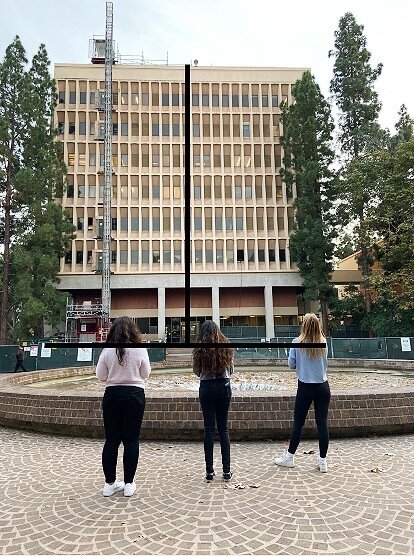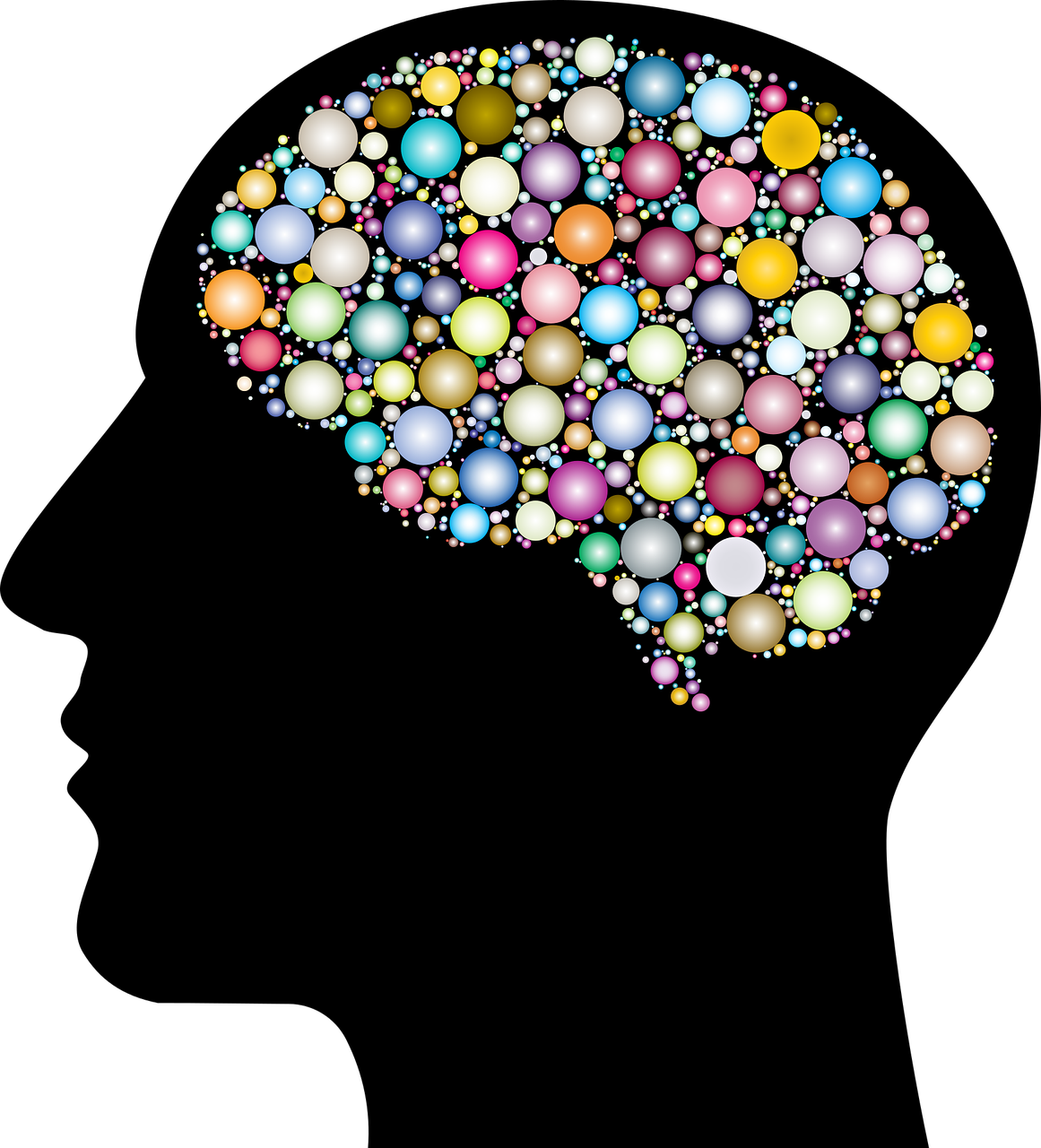-
A Reader-Friendly Review of Microdosing Research

Microdosing has captured the attention of the public, yet research has yet to catch up with cultural interest. This reader-friendly review highlights the current literature on this topic and provides practical considerations for individuals hoping to partake in this newest drug trend.
-
Pritzker Hall: A Cognitive Illusion in UCLA’s Backyard

As we begin returning to campus, be sure to check out Pritzker Hall, a cognitive illusion in UCLA’s backyard!
-
Thinking About Using Diet Pills or Laxatives to Lose Weight? Think Again.

If you read magazines, watch TV, or use the internet and social media, chances are you’ve seen advertisements, commercials, or glowing celebrity endorsements for weight-loss products like diet pills, “flat tummy teas,” or laxatives. What they don’t show is that young women who use diet pills and laxatives for weight loss are more likely to…
-
Individual vs. Collaborative Exams: The Effect of Collaboration on Learning

Given the choice, students likely prefer to take collaborative rather than individual exams but have you ever wondered how collaborative tests affect your education?
-
Getting Meta about Metacognition

In this article, I explain how we evaluate our own learning and knowledge, also known as metacognition, and why our metacognition can sometimes go awry.
-
The Cognitive Abilities of Crows

Crows have long been portrayed as uniquely intelligent birds, but how much of this is based on fact? Studies have revealed that crows possess remarkable cognitive abilities, with a recent report suggesting that they may even have a form of consciousness.
-
Time Flies During a Pandemic: How Attentional Bias and Event Boundaries Impact Memory of 2020

Did time feel like it flew by last year? Find out why!
-
Learning Under Pressure: How Stress Alters Memory

The past year has been a uniquely stressful time for all of us. How does stress impact our ability to learn and form new memories?
-
Older Adults Show Resilience During the COVID-19 Pandemic

COVID-19 has changed our lives in many ways. Given the increased risk from COVID-19 in older populations, are older adults more affected by the changes and stresses of the pandemic?
-
Making meaningful connections to improve learning

Confession: I barely passed Multivariable Calculus in college. This came as an unpleasant surprise to me, as I had done well in high school math classes. How could this have happened?